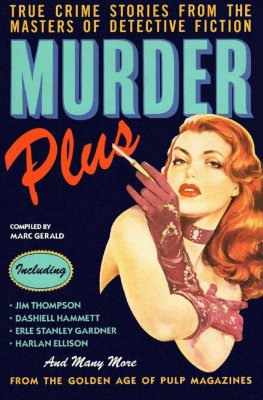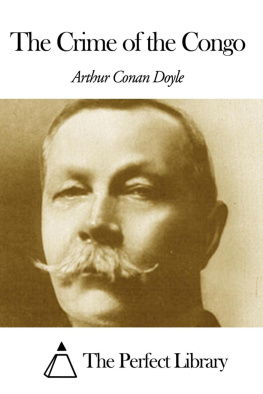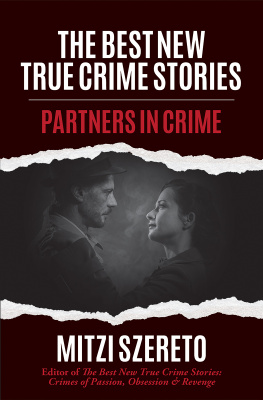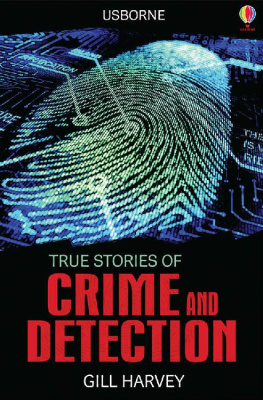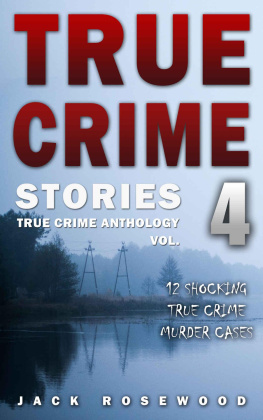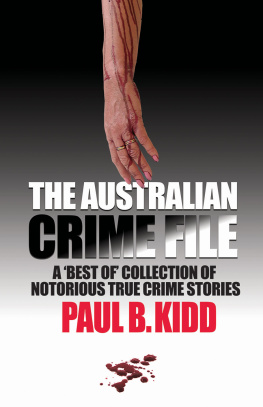Arthur Train - True Stories of Crime from the District Attorneys Office
Here you can read online Arthur Train - True Stories of Crime from the District Attorneys Office full text of the book (entire story) in english for free. Download pdf and epub, get meaning, cover and reviews about this ebook. year: 2021, publisher: Read Books Ltd, genre: Humor. Description of the work, (preface) as well as reviews are available. Best literature library LitArk.com created for fans of good reading and offers a wide selection of genres:
Romance novel
Science fiction
Adventure
Detective
Science
History
Home and family
Prose
Art
Politics
Computer
Non-fiction
Religion
Business
Children
Humor
Choose a favorite category and find really read worthwhile books. Enjoy immersion in the world of imagination, feel the emotions of the characters or learn something new for yourself, make an fascinating discovery.

- Book:True Stories of Crime from the District Attorneys Office
- Author:
- Publisher:Read Books Ltd
- Genre:
- Year:2021
- Rating:4 / 5
- Favourites:Add to favourites
- Your mark:
- 80
- 1
- 2
- 3
- 4
- 5
True Stories of Crime from the District Attorneys Office: summary, description and annotation
We offer to read an annotation, description, summary or preface (depends on what the author of the book "True Stories of Crime from the District Attorneys Office" wrote himself). If you haven't found the necessary information about the book — write in the comments, we will try to find it.
True Stories of Crime from the District Attorneys Office — read online for free the complete book (whole text) full work
Below is the text of the book, divided by pages. System saving the place of the last page read, allows you to conveniently read the book "True Stories of Crime from the District Attorneys Office" online for free, without having to search again every time where you left off. Put a bookmark, and you can go to the page where you finished reading at any time.
Font size:
Interval:
Bookmark:


STORIES OF CRIME
DISTRICT ATTORNEY'S OFFICE
INTRODUCTORY CHAPTER
The Pleasant Fiction of the
Presumption of Innocence

an imprint of Read & Co.
way without the express permission of the publisher in writing.
A catalogue record for this book is available
from the British Library.
For more information visit
www.readandcobooks.co.uk
The Cloister and theHearth, 1861
PLEASANT FICTION
OF THE PRESUMPTION
OF INNOCENCE
Font size:
Interval:
Bookmark:
Similar books «True Stories of Crime from the District Attorneys Office»
Look at similar books to True Stories of Crime from the District Attorneys Office. We have selected literature similar in name and meaning in the hope of providing readers with more options to find new, interesting, not yet read works.
Discussion, reviews of the book True Stories of Crime from the District Attorneys Office and just readers' own opinions. Leave your comments, write what you think about the work, its meaning or the main characters. Specify what exactly you liked and what you didn't like, and why you think so.

